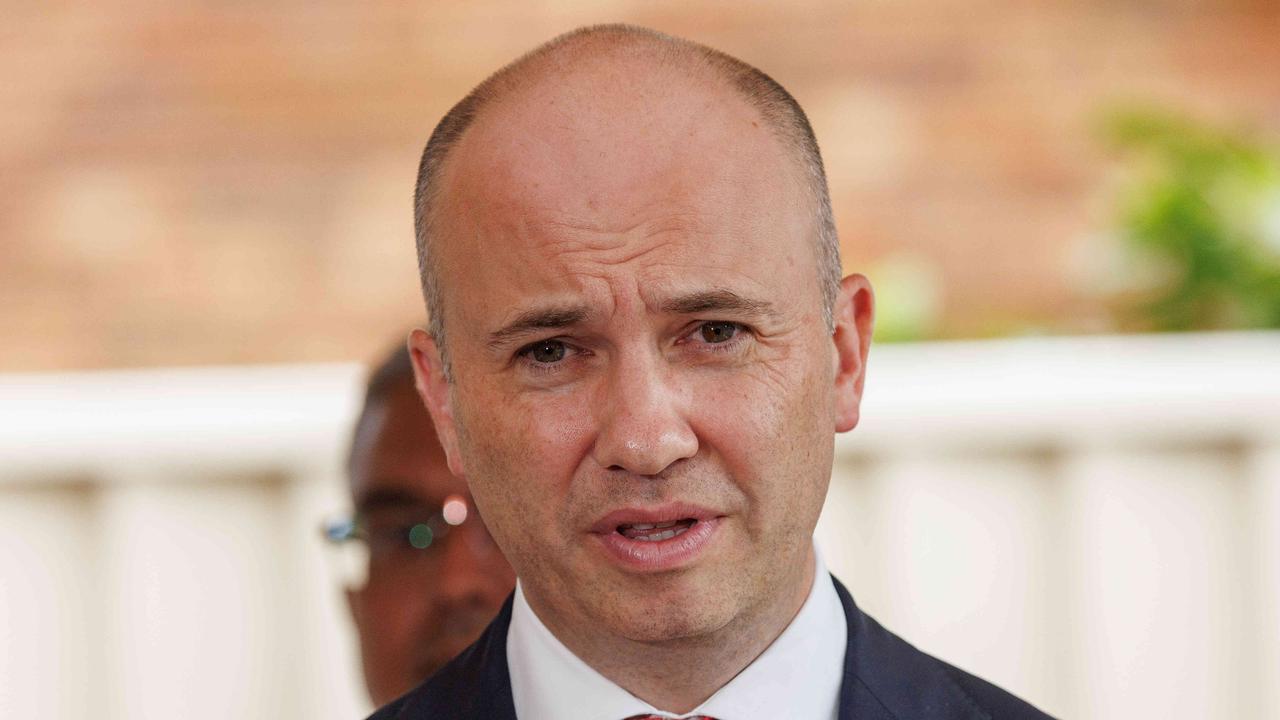Nobel Peace Prize 2019 winner named as Ethiopian Prime Minister Abiy Ahmed Ali
The winner of the 2019 Nobel Peace Prize has been named as Ethiopian Prime Minister Abiy Ahmed Ali, who has beaten Greta Thunberg to the award.
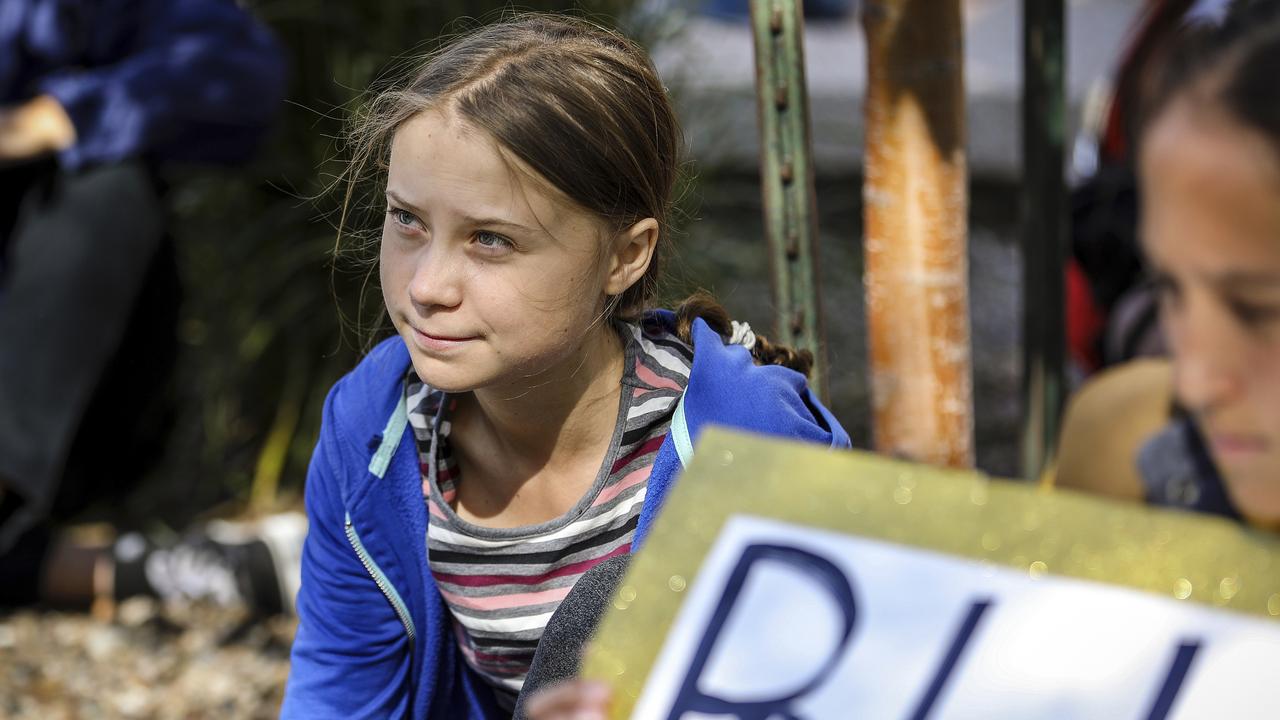
The winner of the Nobel Peace Prize for 2019 has been named as Ethiopian Prime Minister Abiy Ahmed Ali.
Ahmed was cited for his efforts to achieve peace and international cooperation, and in particular for his decisive initiative to resolve the border conflict with neighbouring Eritrea.
Berit Reiss-Andersen, the chairwoman of the five-member Norwegian Nobel Institute that awards the Nobel Peace Prize said Ahmed was named for his moves to end his country’s conflict with next door Eritrea within months of coming to office in 2018.
MORE: Greta’s fans dub snub “bad for planet”
Prime Minister Abiy Ahmed announced as 2019 Nobel Peace Prize Laureate. We are proud as a nation!!!#PMOEthiopia pic.twitter.com/82SLwDJw21
— Office of the Prime Minister - Ethiopia (@PMEthiopia) October 11, 2019
He signed a “Joint Declaration of Peace and Friendship,” with Eritrean Prime Minister Isaias Afwerki. The 43-year-old also shocked observers by releasing tens of thousands of prisoners and welcoming home once-banned opposition groups.
Within the Nobel Peace Prize there is a long history of prizes going to statesmen associated with ending conflicts, most recently Colombia’s Juan Manuel Santos who was awarded the prize in 2016 for helping to bring his country’s 50 year civil war to an end.
The office of Ethiopia’s prime minister called on “all Ethiopians and friends of Ethiopia to continue standing on the side of peace.”
“We are proud as a nation!!!” it tweeted.
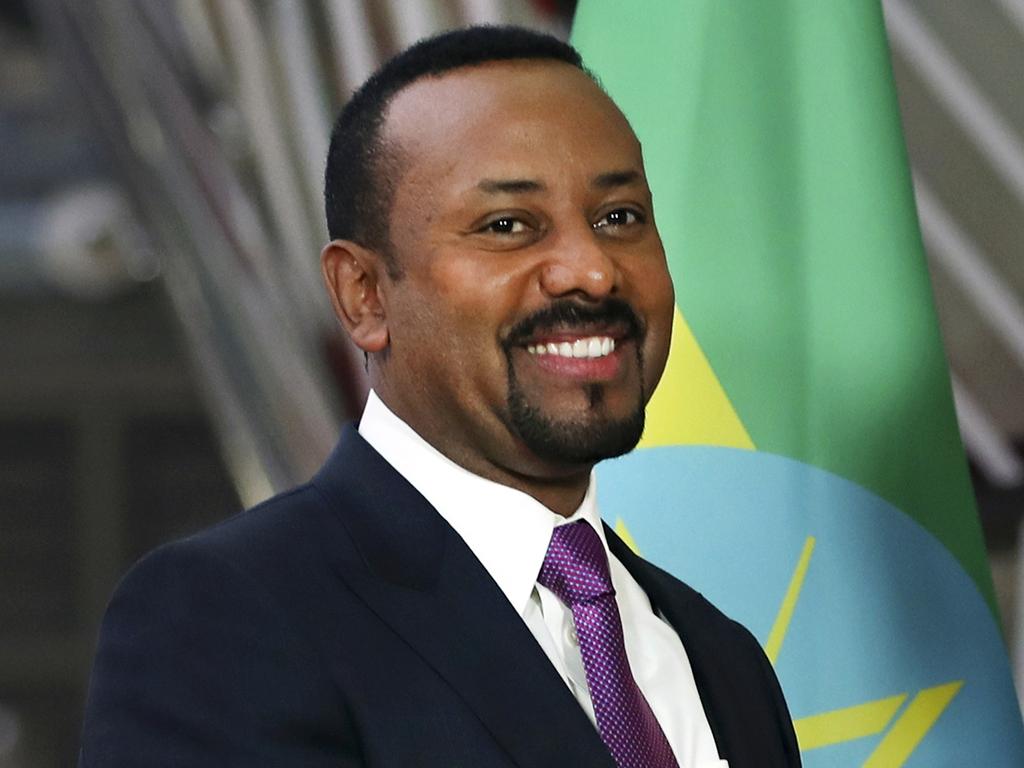
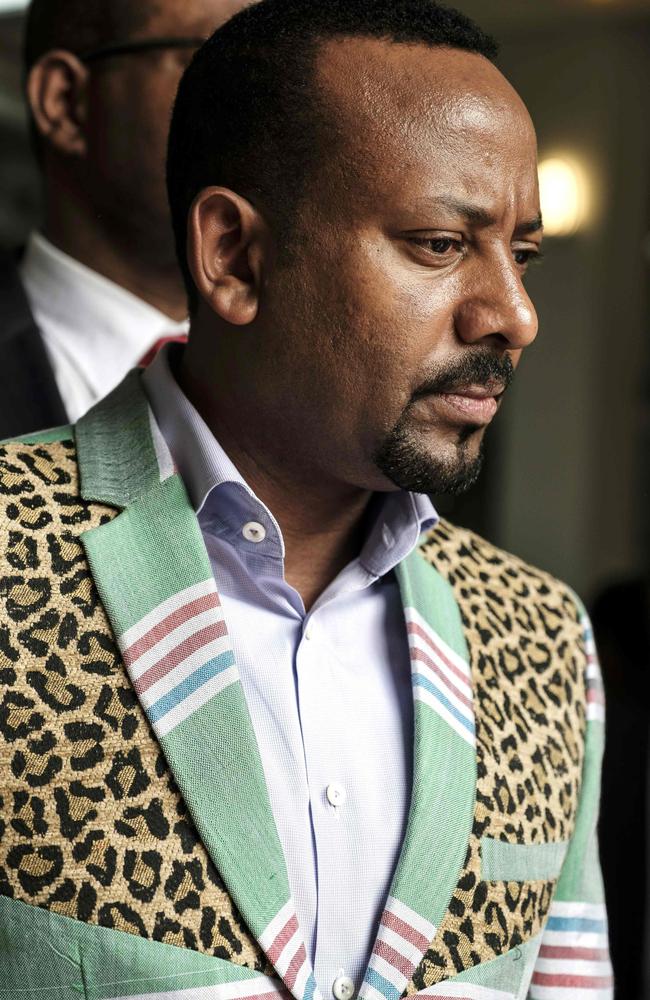
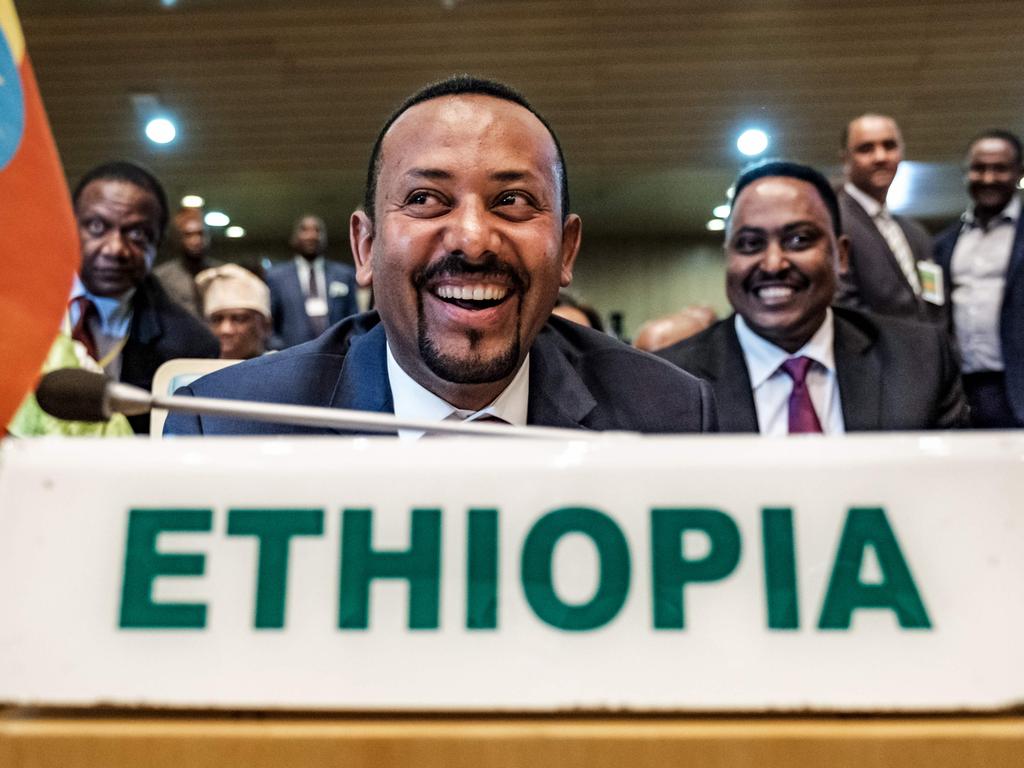
The announcement came after Swedish climate activist Greta Thunberg was dubbed the one to beat ahead of Friday’s Nobel Peace Prize announcement at the Nobel Institute in Oslo.
There were 301 nominees for the prize, comprising 223 individuals and 78 organisations - the fourth highest number since 1901.
RELATED: Greta question that remains unanswered
Betting site Ladbrokes had tipped the Swedish teenager as the favourite. She has already received Amnesty International’s top honour and the Right Livelihood Award — sometimes dubbed the “alternative Nobel”.
Ms Thunberg rose to fame last August when she began sitting alone in front of Sweden’s parliament on Fridays with a sign reading “School Strike for the Climate”.
RELATED: Greta has last laugh, winning $217,000
In little more than a year, she has galvanised millions of young people around the world to take part in demonstrations, raising awareness for action on climate change, and made headlines in late September when she lambasted world leaders at the UN Climate Action Summit in New York.
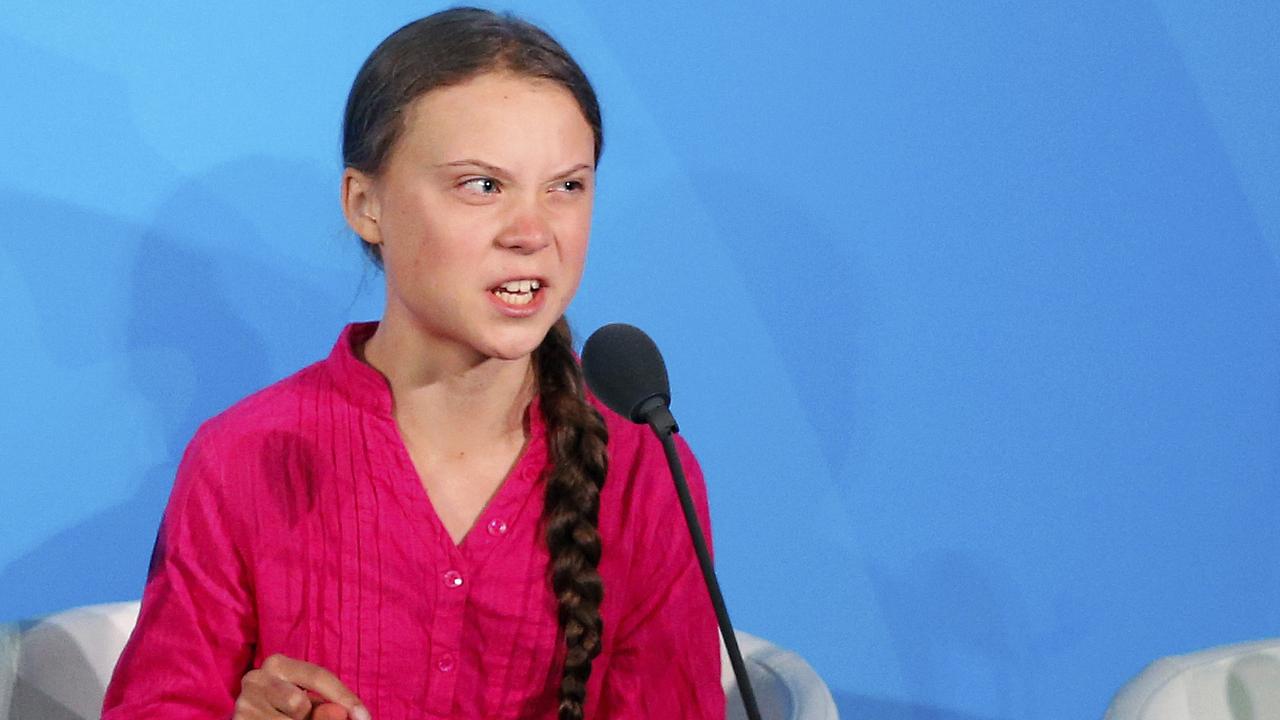
“How dare you?” she said, holding back tears. “You have stolen my dreams and my childhood with your empty words.”
But despite her impassioned wake-up calls, experts were sceptical she would receive the honour.
“Extremely unlikely,” director of the Peace Research Institute in Oslo, Henrik Urdal, told AFP, citing Ms Thunberg’s young age and a lack of consensus on how climate change relates to armed conflict.
“The only way I could see that happen is that she would be part of a shared prize like Malala,” Mr Urdal said ahead of the announcement, referring to Pakistani activist Malala Yousafzai, who shared the 2014 prize with Indian children’s rights activist Kailash Satyarthi.
On Thursday, Norwegian broadcaster NRK put little faith in the idea, reporting that while “bookmakers bet on Greta Thunberg, the Nobel committee won’t”.
Journalist Knut Magnus Berge also points out that even though her achievements are impressive, Greta is so young and “the committee has time to wait”.
Ethiopian Prime Minister Abiy Ahmed — who made peace with bitter foe Eritrea — is a more likely candidate, experts said.
“Abiy Ahmed would be a good candidate, as his tenure has had peace-inducing effects in the country and on the region,” said professor of Peace and Conflict Research at Sweden’s Uppsala University, Peter Wallensteen.
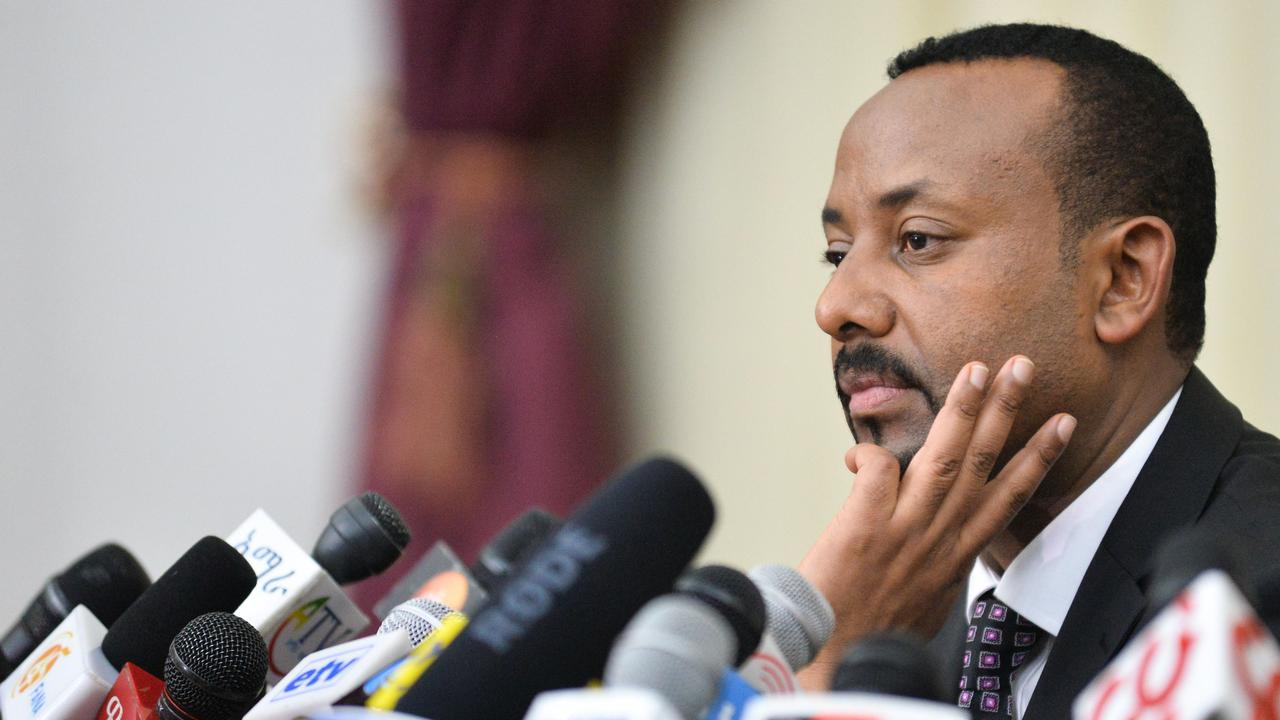
Along with Greta and Mr Ahmed, New Zealand Prime Minister Jacinda Ardern, indigenous Brazilian leader Raoni Metuktire and the young leaders of the Hong Kong protest movement were also in the running, according to reports.
Predicting the winner is always a challenge — since the Norwegian Nobel Committee never reveals the names of the nominees. The names of this year’s nominators and nominees won’t be revealed until 2069.
All that’s known is a total of 223 individuals and 78 organisations have been nominated for the prize’s 100th year.
The Nobel Peace Prize is the jewel in the crown of awards that also include prizes for literature, chemistry, economic sciences, physics, physiology or medicine. They were devised by Swedish industrialist Alfred Nobel, who invented dynamite and are traditionally presented on December 10 - the anniversary of his death.
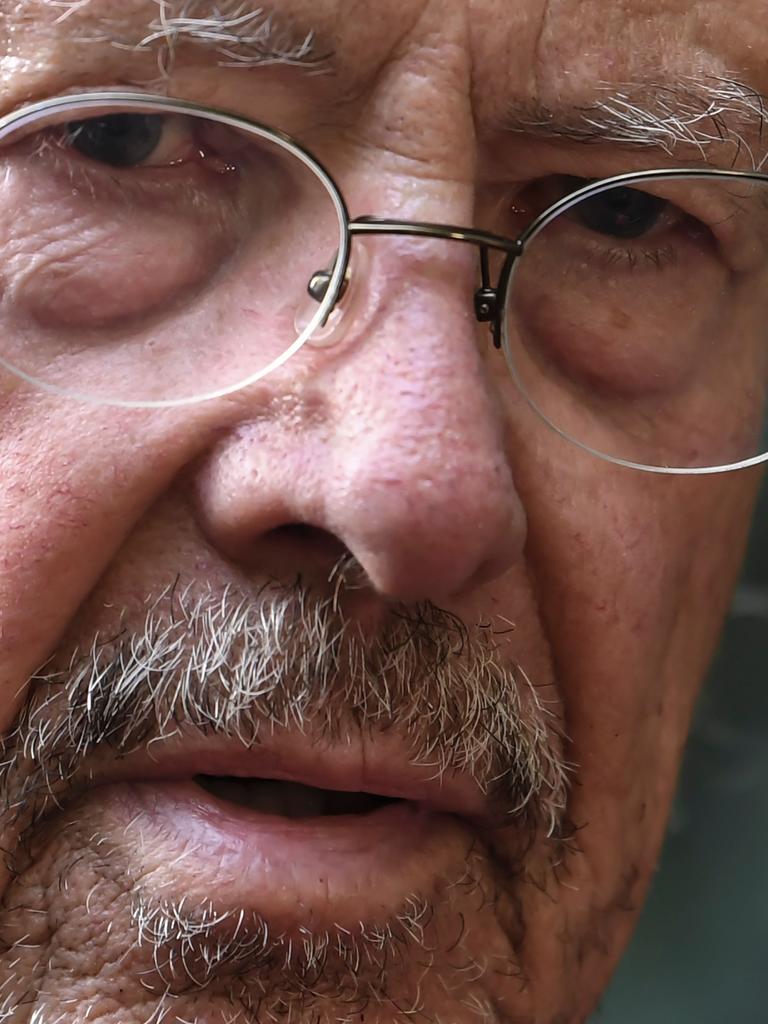
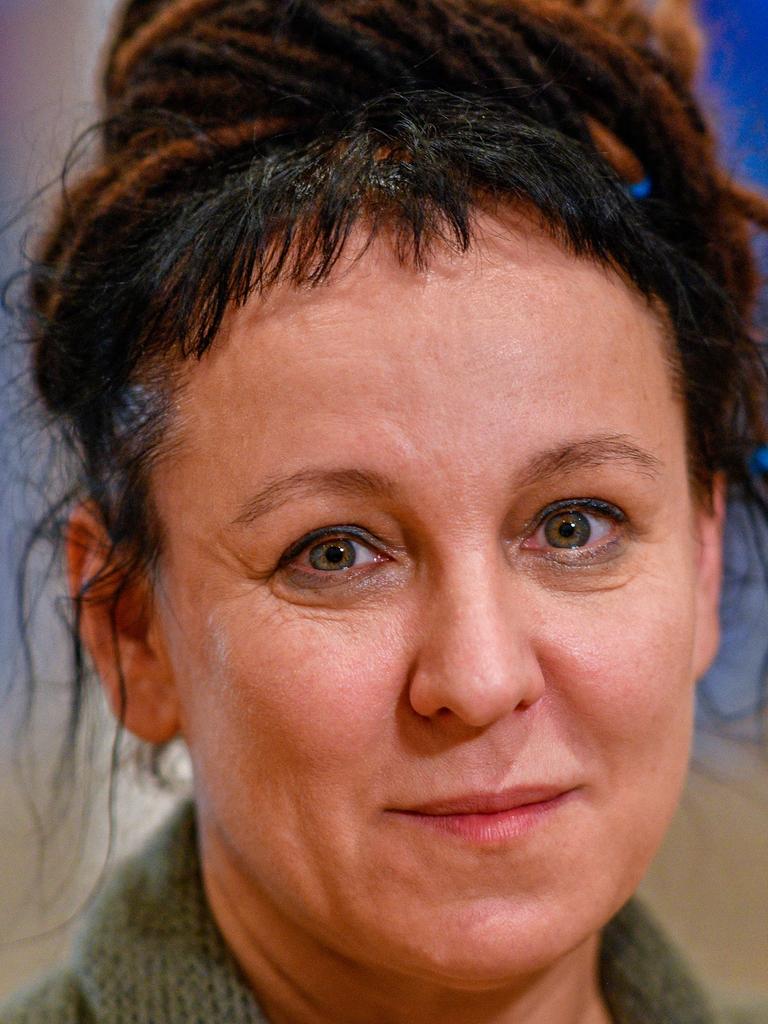
The will of Alfred Nobel stipulated that the peace prize go to the person “who shall have done the most or the best work for fraternity between nations, for the abolition or reduction of standing armies and for the holding and promotion of peace congresses”.
Since WWII, the prize has been awarded to honour efforts in four main areas of arms control and disarmament, peace negotiation, democracy and human rights, and work aimed at creating a better organized and more peaceful world, the organisation reports.
Last year, the five-person Norwegian committee awarded the coveted prize to Denis Mukwege, from the Democratic Republic of Congo — and Nadia Murad, from Iraq — for their work to end the use of sexual violence as a weapon of war and armed conflict.
Mr Mukwege and Ms Murad both received a gold medal, a diploma, and nine million Swedish kronor (almost $A1.4 million).
The youngest is Malala Yousafzai, who won the prize at 17. Each prize is worth nine million kronor ($AU1.35 million).
This year, two literature prizes were awarded with the 2018 prize going to Poland’s Olga Tokarczuk and the 2019 award to Austria’s Peter Handke - after no literature prize was awarded last year due to sex abuse allegations that rocked the Swedish Academy.
The 2019 Nobel Prize in Physiology or Medicine went to William G. Kaelin Jr, Sir Peter J. Ratcliffe and Gregg L. Semenza “for their discoveries of how cells sense and adapt to oxygen availability.”
The 2019 Nobel Prize in Physics was”for contributions to our understanding of the evolution of the universe and Earth’s place in the cosmos”, with one half given to James Peebles “for theoretical discoveries in physical cosmology” and the other half to Michel Mayor and Didier Queloz “for the discovery of an exoplanet orbiting a solar-type star.”
The 2019 Nobel Prize in Chemistry was also split between John Goodenough, M. Stanley Whittingham and Akira Yoshino “for the development of lithium-ion batteries”.
With AFP



